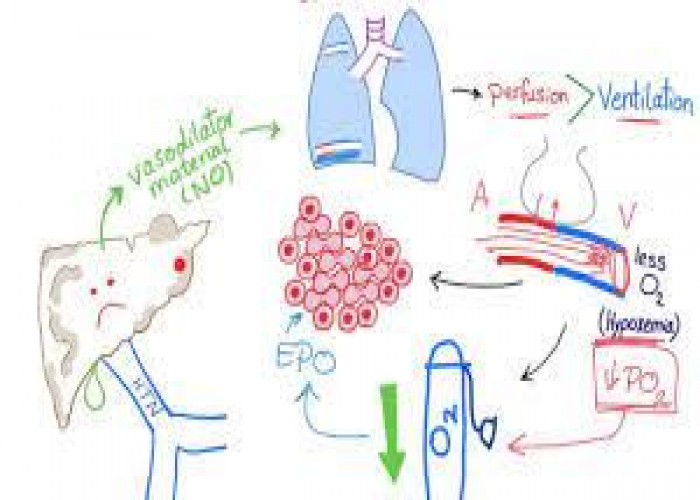 Welcome
Welcome
“May all be happy, may all be healed, may all be at peace and may no one ever suffer."
Hepatopulmonary syndrome
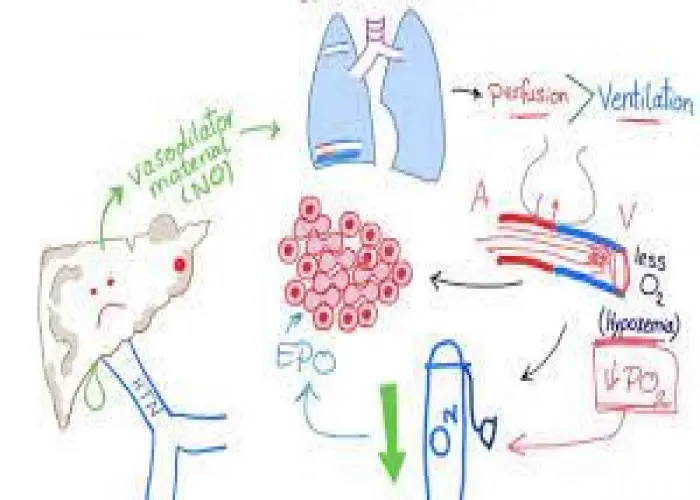
Hepatopulmonary syndrome (HPS) is a condition that affects the lungs in people with liver disease. It is caused by the liver's inability to properly filter blood, which can lead to low oxygen levels in the bloodstream.
In HPS, the blood vessels in the lungs dilate, causing blood to be redirected away from areas of the lung where oxygen can be absorbed. This results in a decrease in oxygen levels in the blood and can lead to shortness of breath, fatigue, and other symptoms.
The severity of HPS can vary, and in some cases, the condition can be life-threatening. Treatment options for HPS depend on the severity of the condition and may include supplemental oxygen, medications to improve lung function, and liver transplantation.
It is important for individuals with liver disease to be monitored for the development of HPS, as early diagnosis and treatment can improve outcomes. People with liver disease should also take steps to manage their condition and reduce their risk of developing HPS, such as following a healthy diet, getting regular exercise, avoiding alcohol and other substances that can damage the liver, and seeking medical care as needed.
Research Papers
Disease Signs and Symptoms
- Shortness of breath (dyspnea)
- Blue skin (cyanosis)
- Blue lips (cyanosis)
- Fingertips spread out and become rounder than normal (Clubbing of fingers)
- Nosebleeds, sometimes on a daily basis and often starting in childhood
- Bluish tinge of the lips and skin (cyanosis)
Disease Causes
Hepatopulmonary syndrome
Hepatopulmonary syndrome is caused when blood vessels in and around the lungs widen (dilate), which affects the amount of oxygen that moves from the lungs into the bloodstream. What causes this abnormality remains unclear, and it's unknown why some people with liver disease develop hepatopulmonary syndrome while others do not.
Disease Prevents
Disease Treatments
Supplemental oxygen therapy is the main treatment for shortness of breath caused by low oxygen levels in the blood. A liver transplant is the only cure for hepatopulmonary syndrome.
Disease Diagnoses
Disease Allopathic Generics
Disease Ayurvedic Generics
Disease Homeopathic Generics
Disease yoga
Hepatopulmonary syndrome and Learn More about Diseases
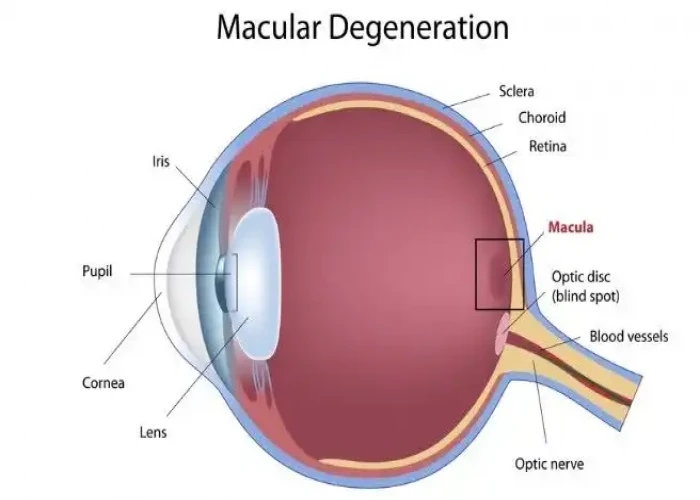
Wet macular degeneration
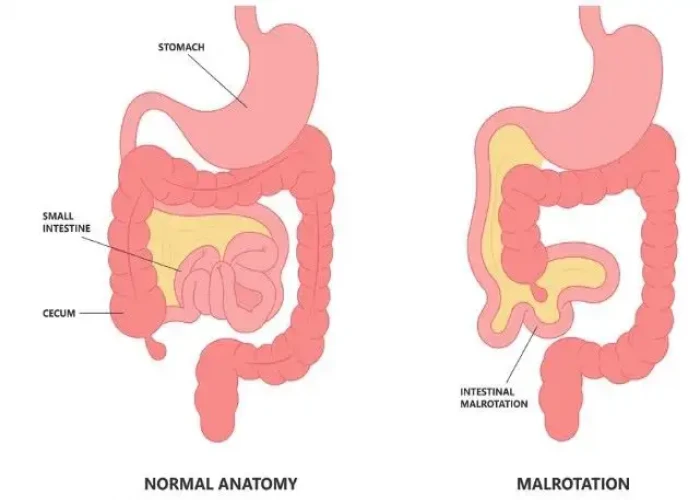
Short bowel syndrome

MCAD deficiency

Greenstick fractures
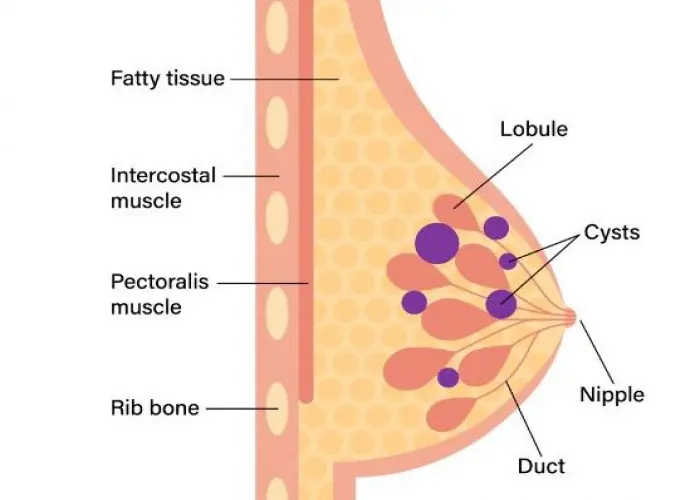
Fibrocystic breasts

Pyoderma gangrenosum

Smallpox

Retinal diseases
hepatopulmonary syndrome, হেপাটোপলমোনারি সিনড্রোম
To be happy, beautiful, healthy, wealthy, hale and long-lived stay with DM3S.
